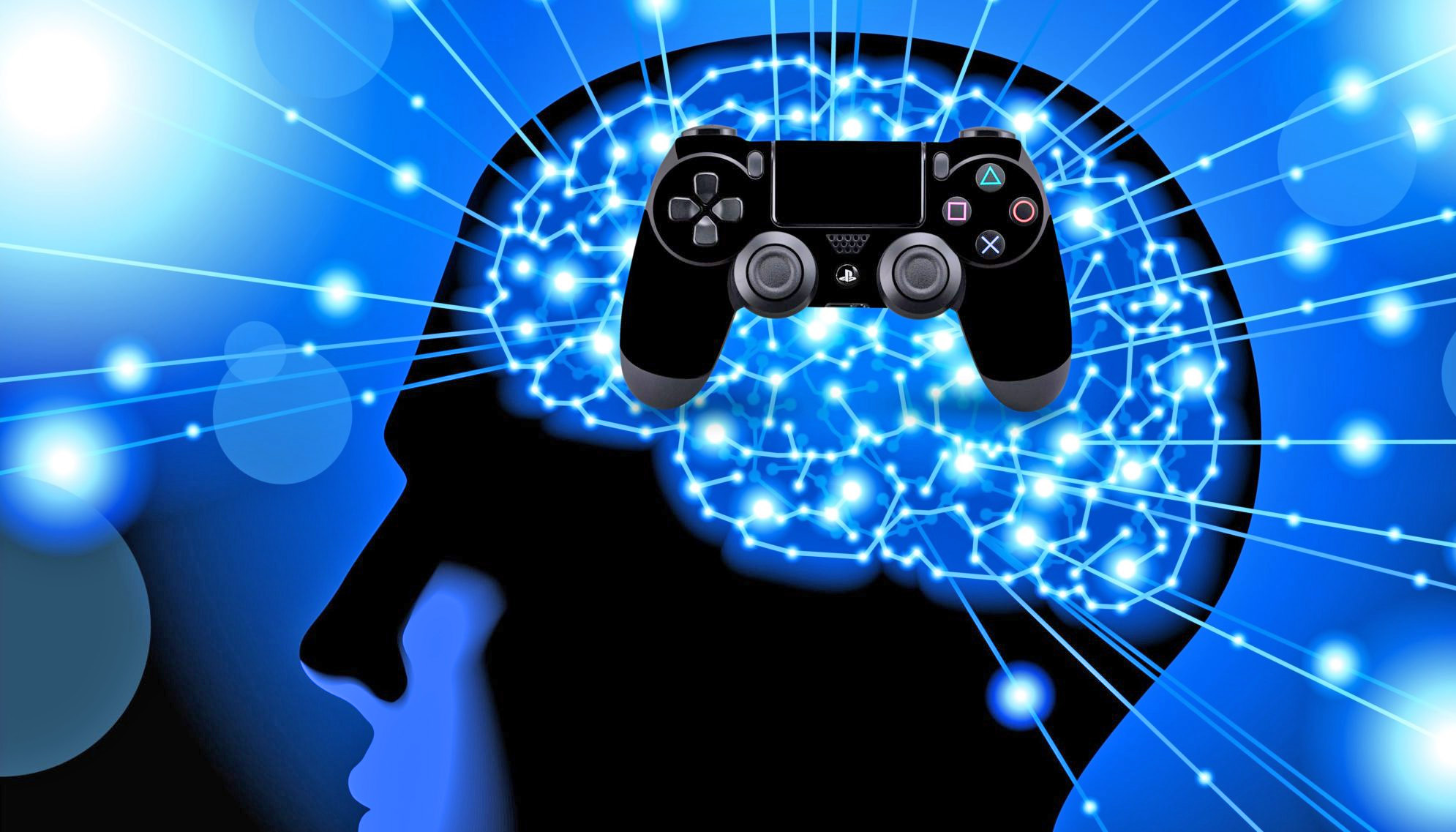Introduction
The world of gaming has evolved into a cultural phenomenon, captivating players of all ages and backgrounds. As technology advances and gaming experiences become more immersive, questions arise about the impact of gaming on mental health. Is gaming a beneficial escape or a potential detriment? In this blog post, we'll delve into the multifaceted relationship between gaming and mental health, exploring both the potential benefits and risks. We'll also provide valuable insights into how to game in a healthy and mindful way.
The Upsides: Potential Benefits of Gaming
Contrary to popular belief, gaming can offer a range of positive effects on mental health and well-being.
Stress Relief: Gaming can serve as a stress-relieving activity, allowing players to temporarily escape from real-world pressures and unwind.
Cognitive Benefits: Certain games can enhance cognitive functions such as problem-solving, critical thinking, and spatial awareness. Strategy games, puzzles, and simulations can challenge the mind in a positive way.
Social Interaction: Multiplayer and online games provide opportunities for social interaction and connection with friends and fellow gamers from around the world.
The Downside: Potential Risks and Challenges
While gaming can offer benefits, excessive or problematic gaming can lead to negative mental health outcomes.
Addiction and Escapism: Escaping into virtual worlds can sometimes become excessive, leading to neglect of real-life responsibilities and social interactions.
Isolation: Extensive gaming can lead to isolation from family and friends, limiting face-to-face social interactions and potentially impacting mental well-being.
Negative Emotions: Highly competitive environments or toxic online communities can contribute to frustration, anxiety, and anger.
Balancing Act: Tips for Healthy Gaming
The key to enjoying gaming while safeguarding mental health lies in adopting healthy habits and mindful consumption.
Moderation: Set limits on gaming time to ensure a healthy balance between virtual and real-life activities.
Prioritize Real-Life Interactions: Ensure that gaming doesn't replace face-to-face interactions with friends and family. Nurture meaningful relationships outside of the gaming world.
Choose Games Wisely: Opt for games that align with your interests and offer positive experiences, such as relaxation, creativity, or cognitive challenges.
Mindful Play: Be aware of how gaming affects your mood. If a game is causing stress or negative emotions, it might be time to take a break.
Take Breaks: Incorporate regular breaks to stretch, hydrate, and engage in physical activity. Movement can help prevent physical strain and promote overall well-being.
Parental Guidance and Education
For parents and caregivers, understanding the impact of gaming on mental health is crucial to guiding children and adolescents in a balanced way.
Open Communication: Establish open dialogues about gaming habits and preferences. Encourage discussions about both the positive and negative aspects.
Setting Boundaries: Set clear rules and boundaries for gaming time to ensure that other activities and responsibilities are not neglected.
Age-Appropriate Content: Choose age-appropriate games that align with developmental stages and provide positive experiences.
Conclusion
The relationship between gaming and mental health is nuanced and multifaceted. While excessive or problematic gaming can lead to negative outcomes, there's a place for gaming as a form of entertainment and even cognitive stimulation. The key lies in mindful and balanced consumption, fostering real-life connections, and recognizing when gaming starts to negatively impact well-being. By adopting healthy gaming habits, setting boundaries, and engaging in open conversations, players can enjoy the positive aspects of gaming while safeguarding their mental health. Ultimately, gaming can be a source of enjoyment, relaxation, and cognitive engagement when approached mindfully and responsibly.
